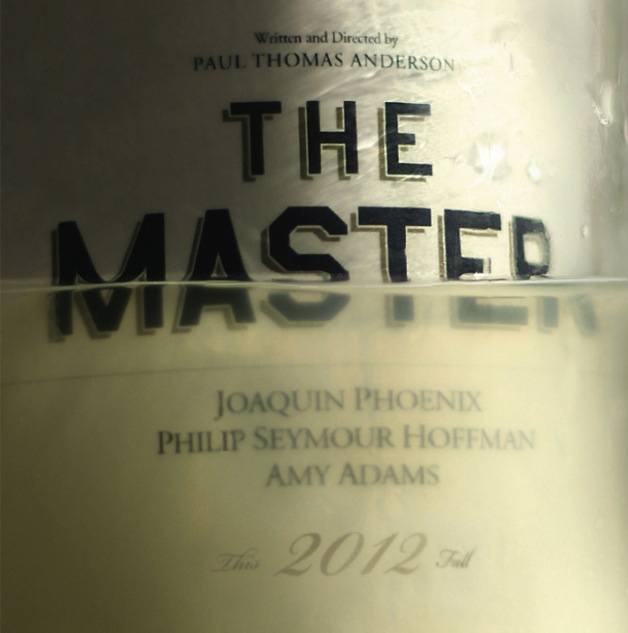
Some movies take a while to really figure out. It’s been over a day since I was awed by Paul Thomas Anderson’s latest film, “The Master,” and yet I’m still thinking about and trying to deconstruct it. It’s a film that demands a very specific audience, a very cold oppressive film that leads to a lot of people walking out of the theater partway through. However, if you are the right audience, then “The Master” is, for a lack of a better word, a masterpiece.
Joaquin Phoenix plays—wait, scratch that—he IS Freddie Quell, a vulgar, sex-obsessed, alcohol-brewing navy veteran in the 1950s who stumbles upon a scientology-esque religious group called “the cause,” run by the charismatic Lancaster Dodd (the always fantastic Philip Seymour Hoffman). The film has somewhat unfairly been dubbed “the scientology movie,” which, despite “the cause” being very similar to scientology, is not exactly the point of the movie. The more I think about it, the more “The Master” isn’t so much an exploration of a cult, but an simply examination of the friendship of two men. It’s a strange friendship, sure, and has many other components to it, mostly that of Freddie being mentored by Lancaster, and being introduced into the cause. Someone looking for a film about how crazy scientology is and everyone it it would likely be disappointed, which is why labeling it “the scientology movie” doesn’t do the film justice. Really, it’s a more interesting film than that, if you can put the thought into it.
Everything is the film is outstanding. It’s one of the most gorgeous looking films of the year, and Anderson makes total use of the every single frame. The score, by Radiohead’s Jonny Greenwood is incredible, very orchestral and dreamlike at times. The performances are the obvious highlight, Joaquin Phoenix gives what is easily the best performance of his career; there’s not a single moment during the film where he wasn’t Freddie Quell. Freddie is crazy, but Phoenix manages to play it subtly; it’s all in his eyes and his face. There’s something always slightly unhinged about him, you wonder if he might break loose at any moment (which he often does). If the film wasn’t so abstract and oppressive, I’d be calling Phoenix as a best actor winner at the Oscars this year.
Hoffman, as well, is fantastic as Lancaster Dodd, bringing the right amount of charisma to the character so you’ll believe people will follow him, but the right amount of rage that you know something isn’t right. Amy Adams plays Dodd’s wife, and is at the top of her game here as well, although she doesn’t get to do anywhere near as much screen time or material as Hoffman and Phoenix.
“The Master” is a film I need to see again. The more I think about it, the more I love it, and I think it may be the best film I’ve seen all year. It deserves all the praise it’s been getting, but it also deserves the right audience. If you can enjoy a very slow but thoughtful and engaging movie, you should certainly see it—and on the best screen you possibly can.
4.5/5 Stars


